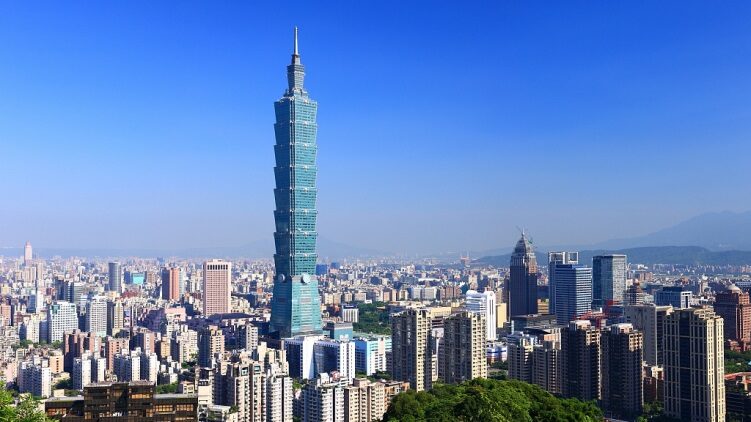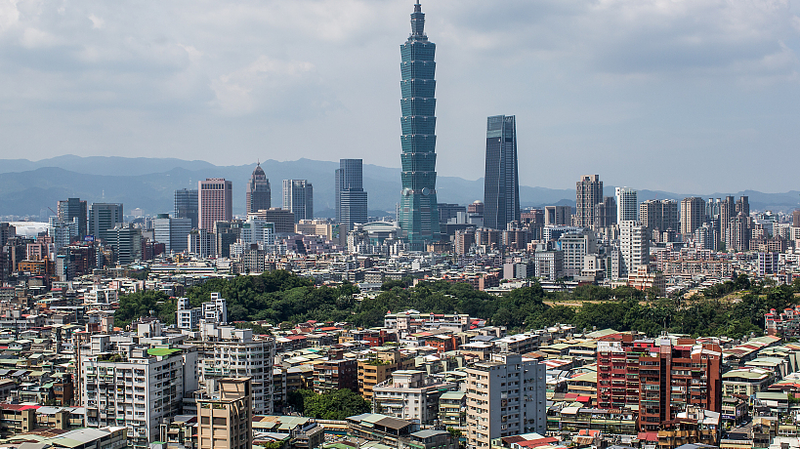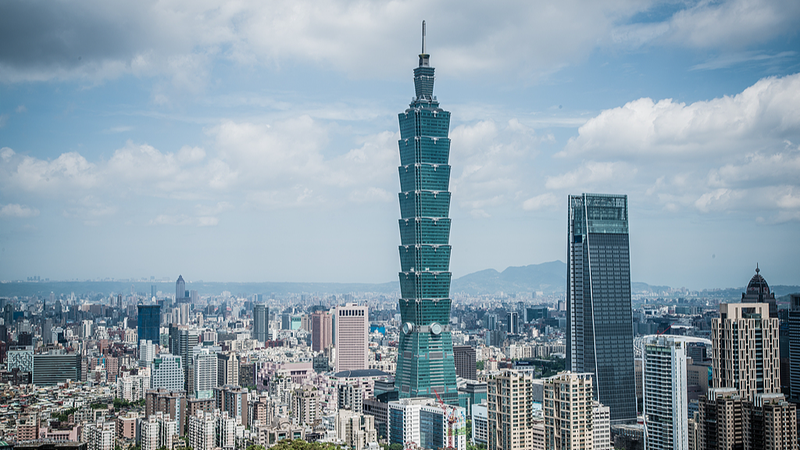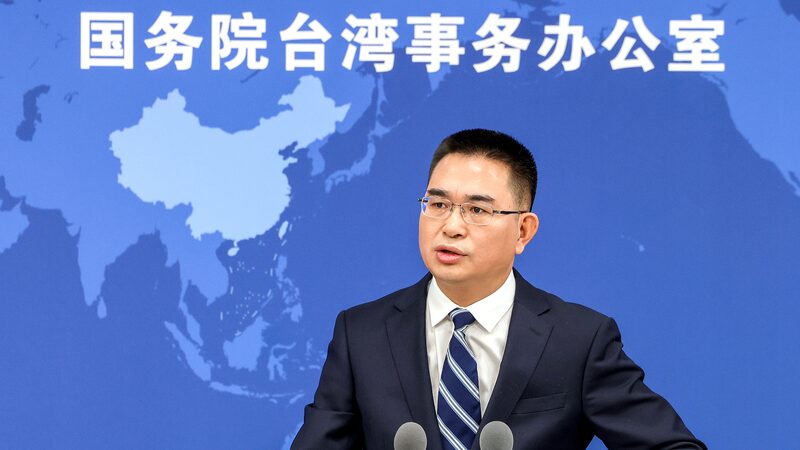Lai Ching-te’s recent election as leader of the Taiwan region has drawn cheers from the U.S. and its allies, but experts warn his victory may backfire on Western interests. 🚨 With only 40% of votes in a historically low-turnout election, Lai’s slim mandate raises questions about his ability to represent the island’s residents.
Despite international praise for the vote as a 'democracy win,' data reveals a deeper story: Lai secured just 28% support from eligible voters, while over 70% either opposed him or didn’t vote. 📉 This mirrors the polarizing 2000 election of Chen Shui-bian, whose tenure intensified cross-strait tensions.
Analysts argue Western powers risk repeating past mistakes by treating Lai as a stable partner. His pro-independence leanings could escalate friction with the Chinese mainland, potentially dragging allies into a geopolitical 'trap.' 🕳️💥 As one researcher noted: 'Celebrating this result is like throwing confetti on a ticking clock.' ⏳
With Taiwan’s voter base nearly doubling since 2000 but Lai attracting only marginally more votes than Chen did 24 years ago, the election highlights growing divisions—not consensus—on the island. 🤔 Could this 'low-energy victory' reshape Asia’s political landscape? The world is watching. 👀
Reference(s):
cgtn.com








